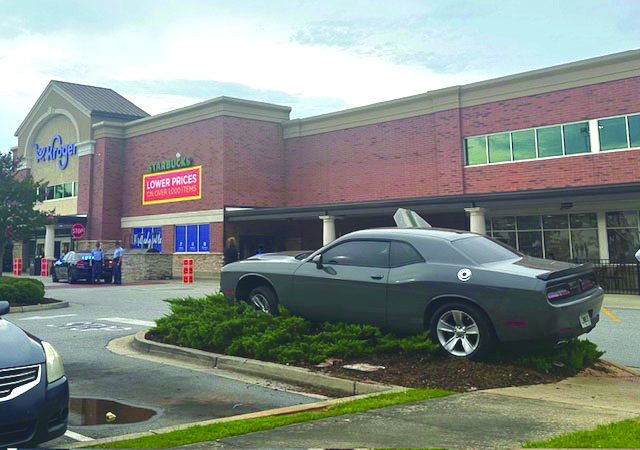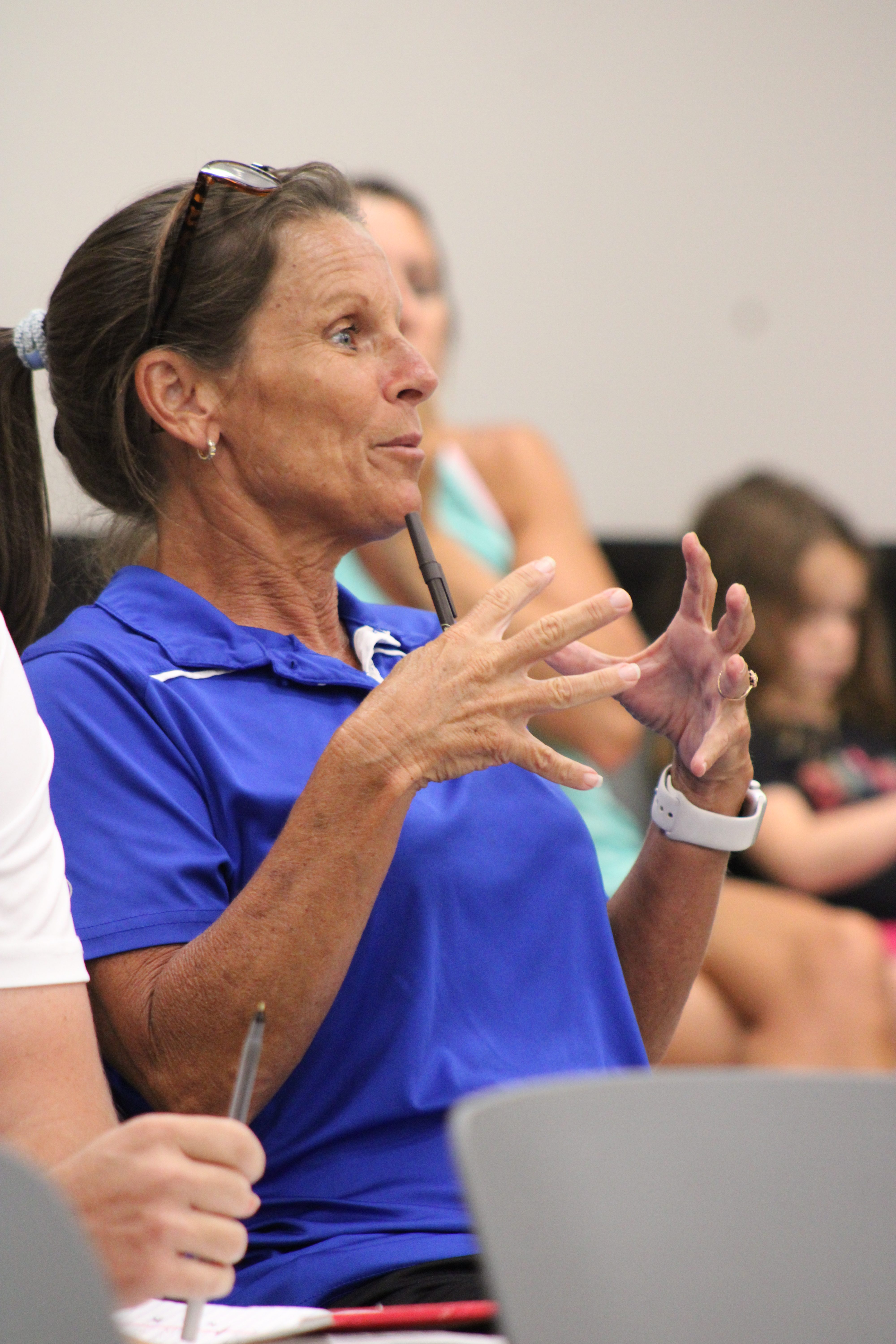EDITORIAL: More dialogue needed to combat domestic violence
Published 9:24 am Tuesday, October 25, 2022

- Editorial
Every nine seconds, a woman is assaulted or beaten in the United States, according to the National Coalition Against Domestic Violence.
Trending
These statistics are equally alarming:
An average of 20 people are physically abused by intimate partners every minute in the U.S.
- There are more than 10 million abuse victims across the U.S. annually.
- One in three women and one in four men have been physically abused by an intimate partner.
- One in five women and one in seven men have been severely physically abused by an intimate partner.
- One in seven women and one in 18 men have been stalked. Stalking causes targets to fear they or someone close to them will be harmed or killed.
- On a typical day, domestic violence hotlines nationwide receive approximately 20,800 calls.
- The presence of a gun in a domestic violence situation increases the risk of homicide by 500%.
- Domestic violence accounts for 15% of all violent crime.
- Domestic violence is most common among women between the ages of 18-24.
- Nineteen percent of domestic violence involves a weapon.
- Domestic victimization is correlated with a higher rate of depression and suicidal behavior.
- Only 34% of people who are injured by intimate partners receive medical care for their injuries.
October is Domestic Violence Awareness Month and we need to be cognizant of the fact that Domestic violence is a problem everywhere, including here in Milledgeville and Baldwin County and throughout the Central Georgia region.
boundaries.
It exists among all social groups and in every community.
Domestic violence within families is something no one wants to discuss.
Trending
However, it is a conversation that must take place.
And while females are largely make up most of the domestic violence victim population in our country, we need to shift the narrative so that this isn’t just a conversation that we have with women and young girls. Our young men and women need to made aware of the signs of dangerous or toxic relationship and that all domestic violence isn’t physical.
The culture needs to be changed and the cycle needs to be broken.
We all can play a role in helping combat the issue. Far too many lives right here in our community have been cut short in the cycle of abuse.
Find ways to support efforts to victims of domestic violence — in your neighborhood, through a church, a local nonprofit, on local college campuses or throughout the community.
If you are in an abusive relationship, know that there are solutions and help is available. Call the National Domestic Violence Hotline at 1-800 799-7233, the National Sexual Assault Hotline at 1-800-656-4673, the National Teen Dating Abuse Hotline at 1-866-331-9474. Locally, call the solicitor general’s office at 478-445-4445. Call a friend. Call a loved one. Call someone for help.
We encourage more public dialogue and more conversations among families, especially children, to make it clear that violence is not a solution to problems in relationships and is never the right way to express frustrations or anger.





